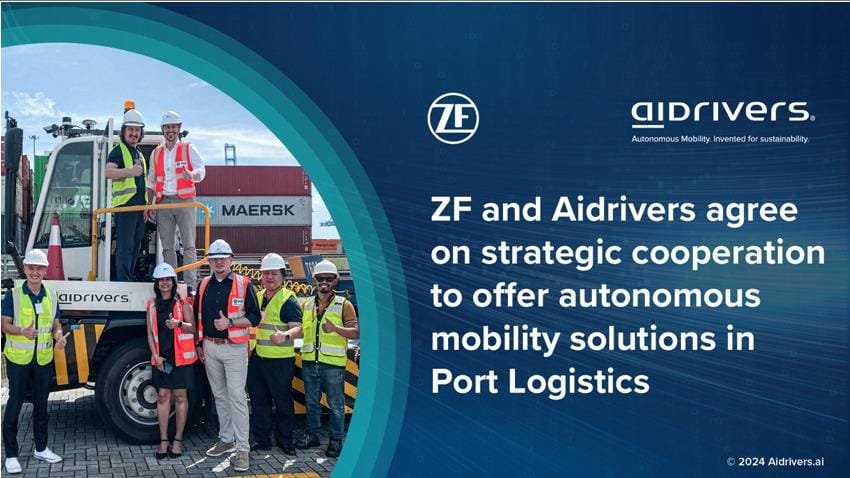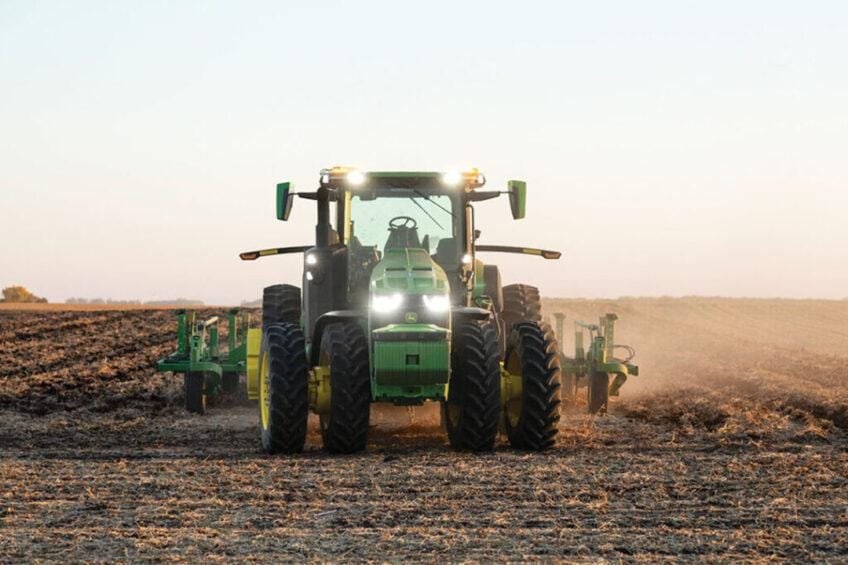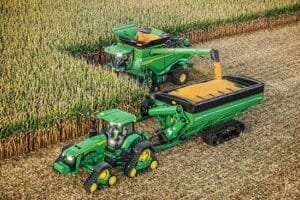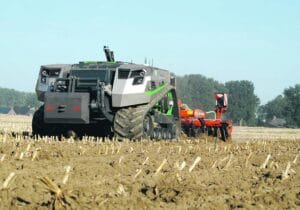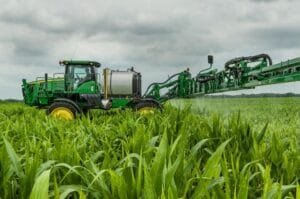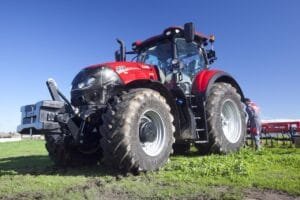In a significant move towards port automation, ZF, a global technology company, has joined forces with AI specialist Aidrivers to develop autonomous solutions for port terminal tractors. The partnership aims to combine ZF’s expertise in vehicle systems with Aidrivers’ artificial intelligence technology to create efficient, automated terminal operations. This collaboration marks a step forward in addressing the growing demand for automated port logistics solutions, as terminals worldwide seek to enhance productivity and safety while reducing operational costs. The maritime industry is witnessing a significant technological leap as global mobility technology provider ZF joins forces with AI-driven autonomous solutions specialist Aidrivers. This strategic collaboration aims to revolutionize port operations through the progress of automated terminal tractor solutions, marking a crucial step toward smarter and more efficient port logistics.
The partnership leverages ZF’s extensive expertise in driveline and chassis technology, combined with Aidrivers’ pioneering autonomous mobility solutions.By integrating their respective technologies, the companies are poised to deliver comprehensive automation packages for port terminal tractors, addressing the growing demand for enhanced operational efficiency and safety in maritime facilities.
At the core of this collaboration lies the integration of ZF’s proven ProAI computers with Aidrivers’ autonomous driving software.This combination enables terminal tractors to navigate complex port environments autonomously, performing critical tasks such as container transportation and yard operations with minimal human intervention.
The automated solution incorporates advanced features including real-time perception, path planning, and decision-making capabilities. These systems work in harmony to ensure safe and efficient vehicle operation, even in challenging weather conditions and varying lighting situations commonly encountered in port environments.Safety remains a paramount concern,with the system employing multiple redundancy layers and sophisticated sensor fusion technology. The solution includes an array of cameras, LiDAR sensors, and radar systems, providing comprehensive environmental awareness and obstacle detection capabilities.
Implementation of this technology promises significant benefits for port operators. The automated tractors can operate continuously with consistent performance levels, reducing operational downtime and human error while increasing throughput capacity. This enhancement in operational efficiency translates to improved container handling rates and reduced vessel turnaround times.
The economic implications are substantial, as port operators can optimize their resource allocation and reduce operational costs while maintaining high safety standards. The automation solution also addresses the growing challenge of labor shortages in the maritime sector,providing a sustainable approach to port operations.
Environmental sustainability features prominently in the partnership’s objectives, with the automated systems optimizing vehicle movements to reduce fuel consumption and emissions. This aligns with the industry’s increasing focus on environmental responsibility and regulatory compliance.
The collaboration includes comprehensive support services, ensuring smooth integration of the automated solutions into existing port infrastructure. Both companies will provide technical expertise, maintenance support, and training programs to facilitate the transition to automated operations.
Early adoption sites are already being identified, with several major ports expressing interest in implementing these automated solutions. The partnership represents a significant step toward the future of port operations, where autonomous vehicles and AI-driven systems will play an increasingly crucial role in maintaining efficient global supply chains.
